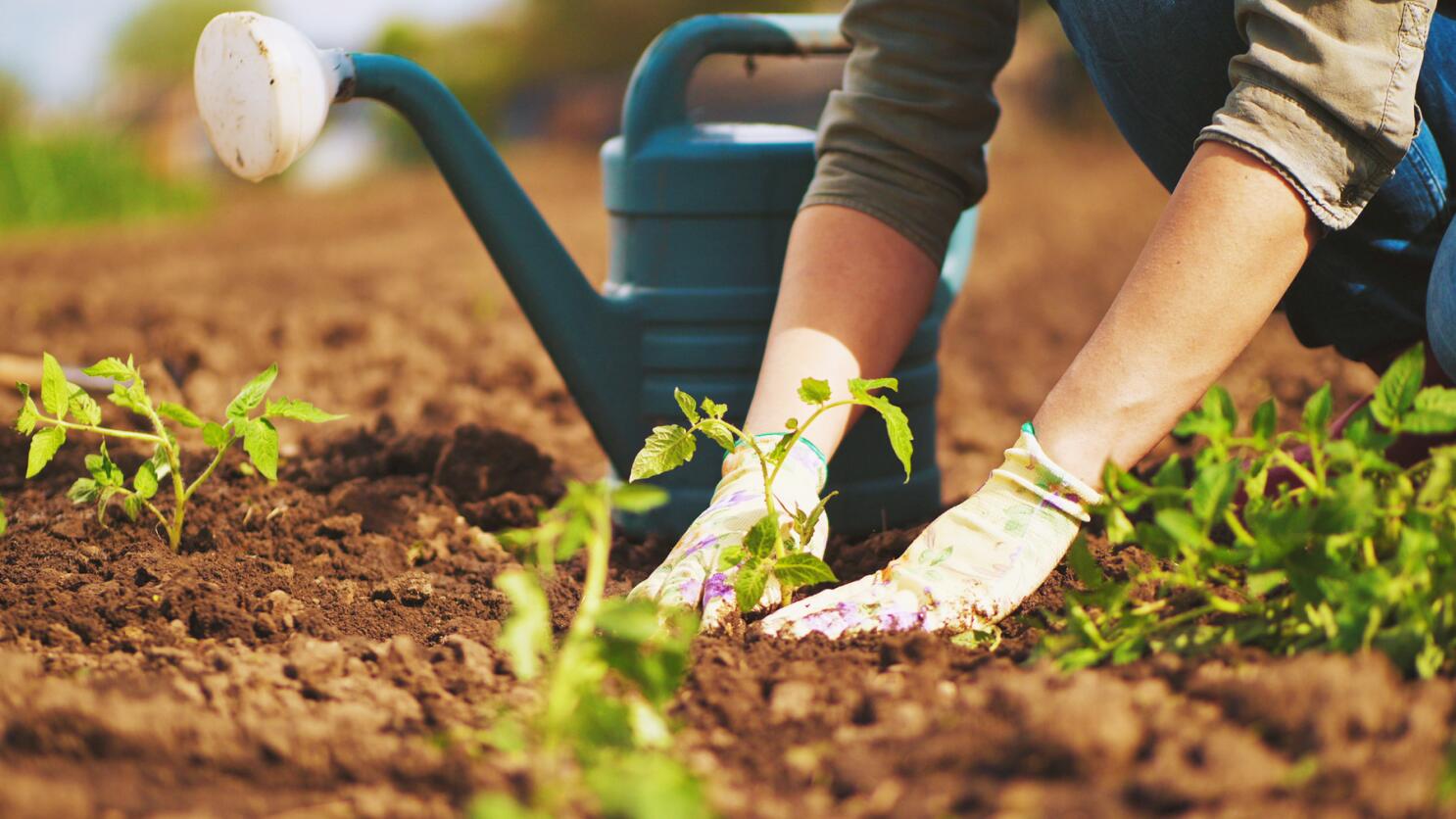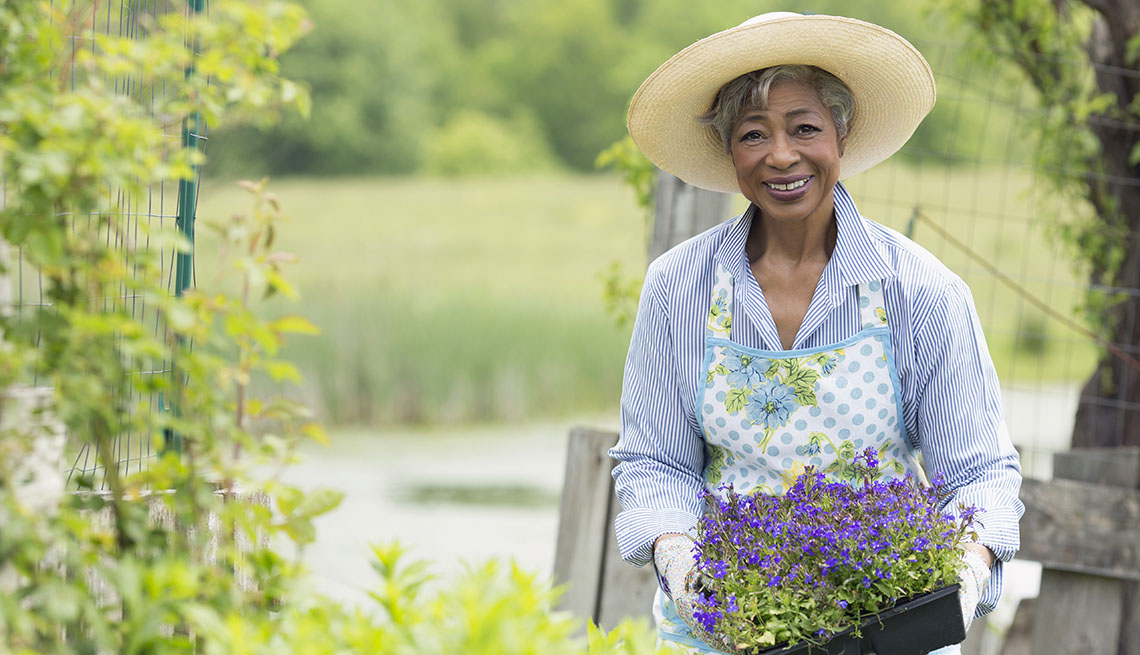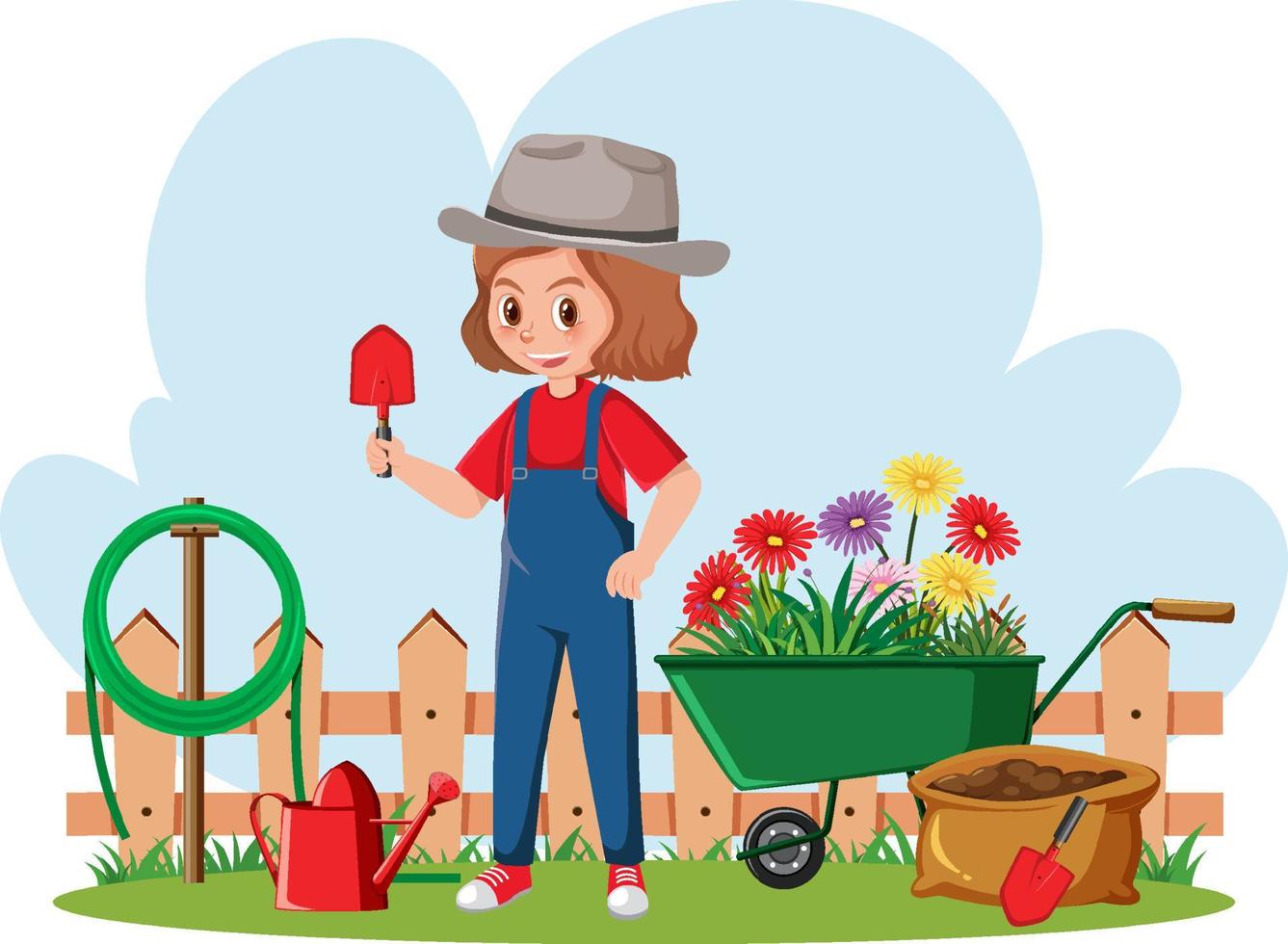Expanding Environment-friendly Thumbs: a Beginner's Journey Into the World of Gardening
Are you excited to get your hands filthy and start growing your own garden? Look no additional! In this write-up, we'll take you on a novice's journey into the world of gardening. You'll find out about choosing the right plants, understanding soil and compost, and vital gardening tools. We'll also instruct you watering and feeding strategies and just how to manage usual garden insects. Prepare to cultivate your environment-friendly thumb and see your yard grow!
Selecting the Right Plants
You require to evaluate your gardening room and identify the number of plants that will certainly fit conveniently. Action the dimensions of your yard beds or pots and determine the available room. Think about the fully grown size of the plants you plan to grow.
As soon as you have a clear idea of your gardening room, it's time to select the appropriate plants. Consider what you delight in consuming or what blossoms you discover most enticing. Think about the environment and sunlight problems in your area. Particular plants grow in full sunlight, while others choose partial shade. Bear in mind of any kind of microclimates in your garden, such as locations that obtain basically sunlight than the remainder. This will assist you choose plants that are fit to your details problems.
It's also necessary to consider your level of horticulture experience. If you're new to gardening, select plants that are very easy to expand and call for marginal maintenance. Natural herbs like basil, rosemary, and mint are flexible and best for novices. Additionally, consider the length of your growing period. If you live in a region with a much shorter growing season., choose plants that have a much shorter maturity duration.
Recognizing Dirt and Compost
Soil is the structure of your yard, providing nutrients, water retention, and support for your plants. It is crucial to have an excellent understanding of your dirt type, whether it is sandy, clayey, or loamy, as this will figure out the kinds of plants that will certainly thrive in your garden. Keep in mind, a healthy and balanced and fertile dirt is the vital to a successful yard, so take the time to understand your dirt and incorporate garden compost to ensure your plants flourish.

Essential Gardening Devices
Now that you recognize the value of dirt and compost, let's explore the vital horticulture devices you'll need to grow your eco-friendly sanctuary. One of one of the most fundamental devices you'll need is a yard trowel. This small portable tool is best for digging little openings, transplanting seed startings, and scooping soil. One more essential device is a yard fork. This durable device is used for loosening up dirt, separating clumps, and transforming compost. A great set of gardening handwear covers is an essential to safeguard your hands from thorns, irritable plants, and dust. Search for handwear covers that are durable, breathable, and offer an excellent grip. A garden pipe or watering can is essential for keeping your plants moistened. Pick a hose pipe with a spray nozzle that permits you to readjust the water flow and pressure. A strong set of pruning shears or secateurs is necessary for cutting and shaping your plants. Search for shears with a sharp blade and comfy takes care of. Lastly, a garden rake works for leveling soil, removing debris, and spreading out compost. With these necessary devices in your i was reading this horticulture arsenal, you'll be well-equipped to create and preserve your environment-friendly oasis.
Watering and Feeding Methods

Dealing With Common Yard Vermin
As a novice gardener, you may experience a knockout post typical garden parasites that can ruin your plants. These bugs can range from insects like beetles, aphids, and caterpillars, to little animals like squirrels and rabbits. It is essential to be able to recognize and deal with these insects efficiently in order to protect your plants and ensure an effective yard.
One of the very first steps in handling yard bugs is to frequently examine your plants for any indicators of invasion. Seek eaten leaves, holes in the foliage, or the visibility of little bugs. It's important to take activity promptly to prevent them from spreading out get more and triggering further damages. if you spot any type of insects.
There are numerous methods you can use to regulate garden bugs. One alternative is to utilize all-natural killers, such as ladybugs or praying mantises, to assist regulate the populace of pests. You can likewise make use of physical barriers, such as fencings or netting, to maintain bigger animals like rabbits out of your yard. Additionally, there are organic bug control sprays readily available that can help discourage and get rid of usual garden bugs.
Remember, prevention is crucial when it involves dealing with garden pests. Maintaining your garden clean and totally free of debris can help in reducing the chance of an infestation. Routinely eliminating weeds and dead plants can likewise help eliminate hiding locations for bugs.

Conclusion
Congratulations on completing your newbie's journey right into the globe of horticulture! By choosing the right plants, understanding dirt and compost, making use of important gardening tools, and mastering watering and feeding techniques, you have set on your own up for success. Do not forget to remain vigilant in dealing with usual garden parasites to guarantee your plants grow. With your newfound expertise and green thumbs, your garden will certainly flourish and bring you unlimited pleasure and beauty (gardening for beginners). Delighted horticulture!
Dirt is the structure of your yard, giving nutrients, water retention, and assistance for your plants. It is important to have a good understanding of your soil type, whether it is sandy, clayey, or loamy, as this will identify the types of plants that will flourish in your garden. Keep in mind, a productive and healthy and balanced dirt is the crucial to an effective yard, so take the time to comprehend your dirt and integrate compost to ensure your plants flourish.
As a novice gardener, you may experience typical yard bugs that can unleash chaos on your plants. It's vital to be able to deal and determine with these bugs successfully in order to safeguard your plants and guarantee a successful garden.